Life Skill Education: Empowerment for Real-Life Success
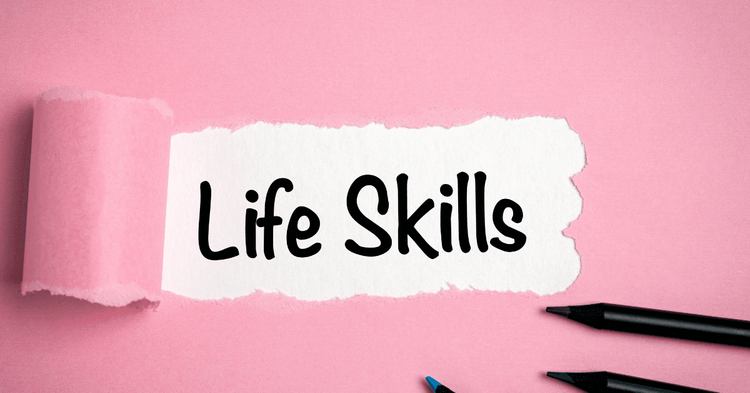
Table of Contents
- What Is Life Skill Education?
- Types of Life Skills
- How To Learn Life Skills?
- Importance of Life Skills in a Child’s Growth
- PlanetSpark and Life Skill Education: Building Holistic Lear
- Life Skill Activities for Kids to Practice at Home
- Final Tips: How Parents & Teachers Can Support Life Skill Le
- Conclusion
- Frequently Asked Questions (FAQs)
Life skills help children navigate real-world situations with confidence, clarity, and emotional intelligence.Life skill education focuses on developing essential abilities such as communication, problem-solving, empathy, decision-making, and stress management.
In this blog, we’ll explore how life skills can be developed and why they are essential for children’s overall growth. We’ll also take a look at how PlanetSpark’s structured Personality Development Program provides expert-led guidance, helping young learners build confidence, leadership abilities, and master essentials life skills for a better future.
What Is Life Skill Education?
Life is not just about academics or scoring well in exams it's also about how well one communicates, adapts, solves problems, and manages emotions. Life skill education is the foundation of holistic development, designed to help children thrive in every aspect of life emotionally, socially, and professionally.
The World Health Organization defins life skills as “abilities for adaptive and positive behavior that enable individuals to deal effectively with the demands and challenges of everyday life.” In simple terms, life skills empower children with the practical knowledge and emotional strength to succeed beyond classrooms.
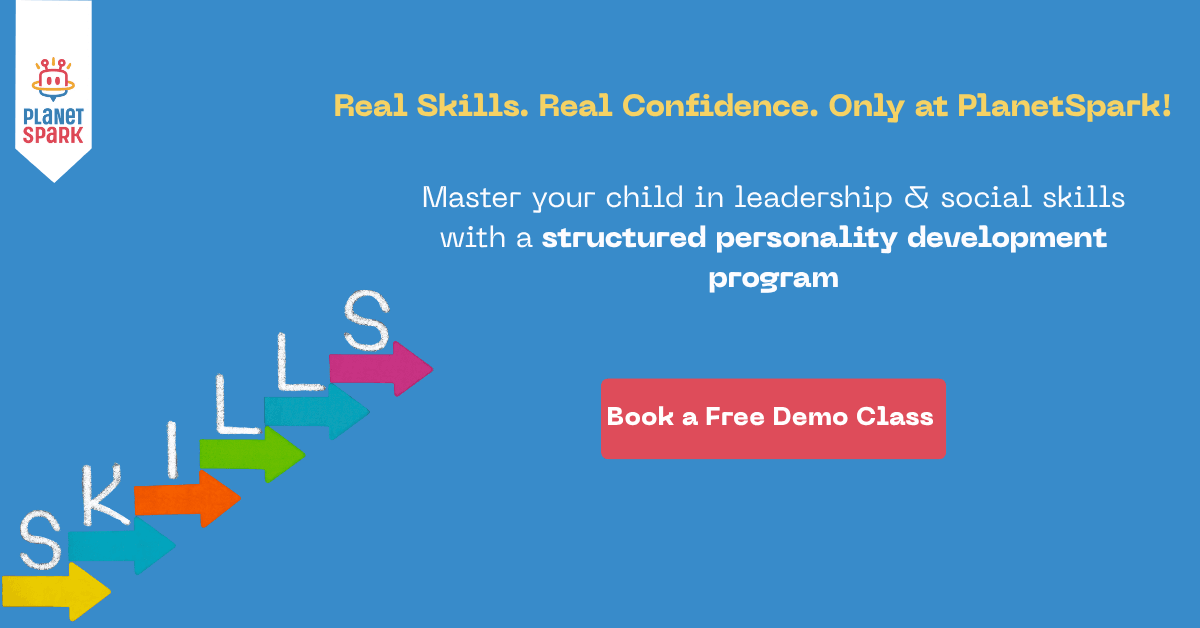
In an increasingly fast-paced world where soft skills determine personal and professional success, life skill education is no longer optional it’s essential.
Types of Life Skills
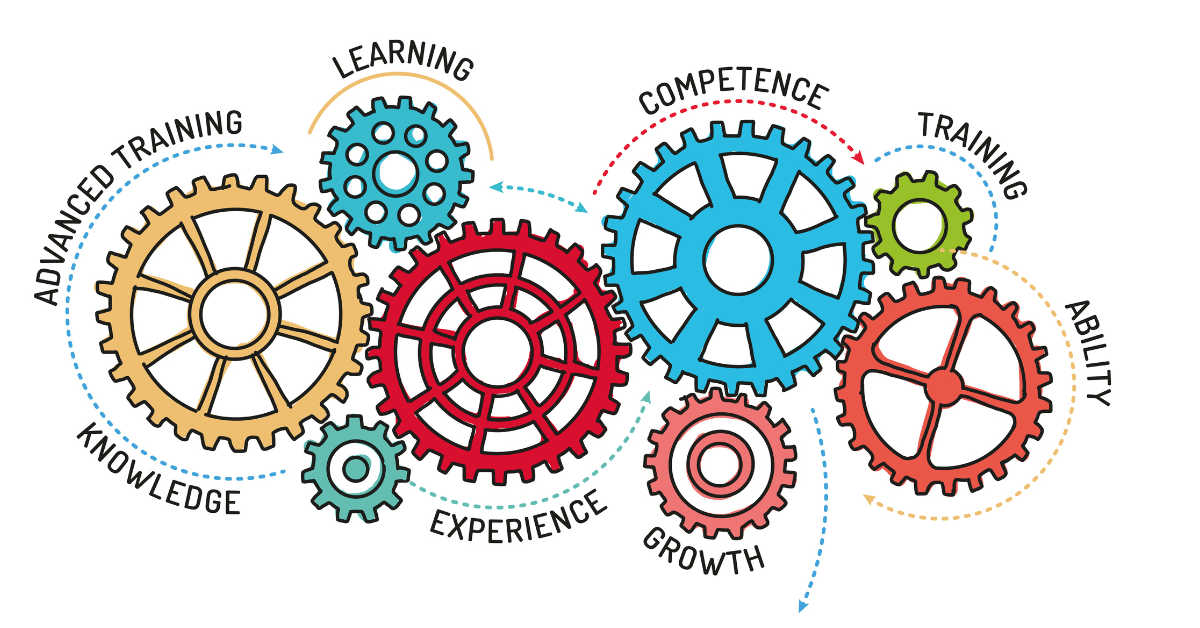
Life skills can be grouped based on how they function and what area of life they influence. Here are the five broad types of life skills every child should learn:
Social Skills
These govern how we interact with others and build relationships.
Includes:
Communication
Active listening
Empathy
Conflict resolution
Teamwork
Emotional Skills
These refer to managing one's emotions and understanding those of others.
Includes:
Emotional regulation
Resilience
Stress management
Self-reflection
Empathy
Cognitive or Thinking Skills
These skills help in processing information and making informed decisions.
Includes:
Critical thinking
Decision-making
Creative thinking
Problem-solving
Focus and attention control
Moral or Ethical Skills
These relate to behavior guided by values and societal norms.
Includes:
Integrity
Honesty
Respect
Responsibility
Compassion
Confidence Is a Skill, We Teach It
From shy speakers to confident leaders, PlanetSpark brings out the best in every child.
Sign up for a FREE trial class now!
Practical Life Skills
These are everyday skills that help children become independent and safe.
Includes:
Time management
Money handling basics
Personal hygiene
Digital literacy
Safety awareness
How To Learn Life Skills?
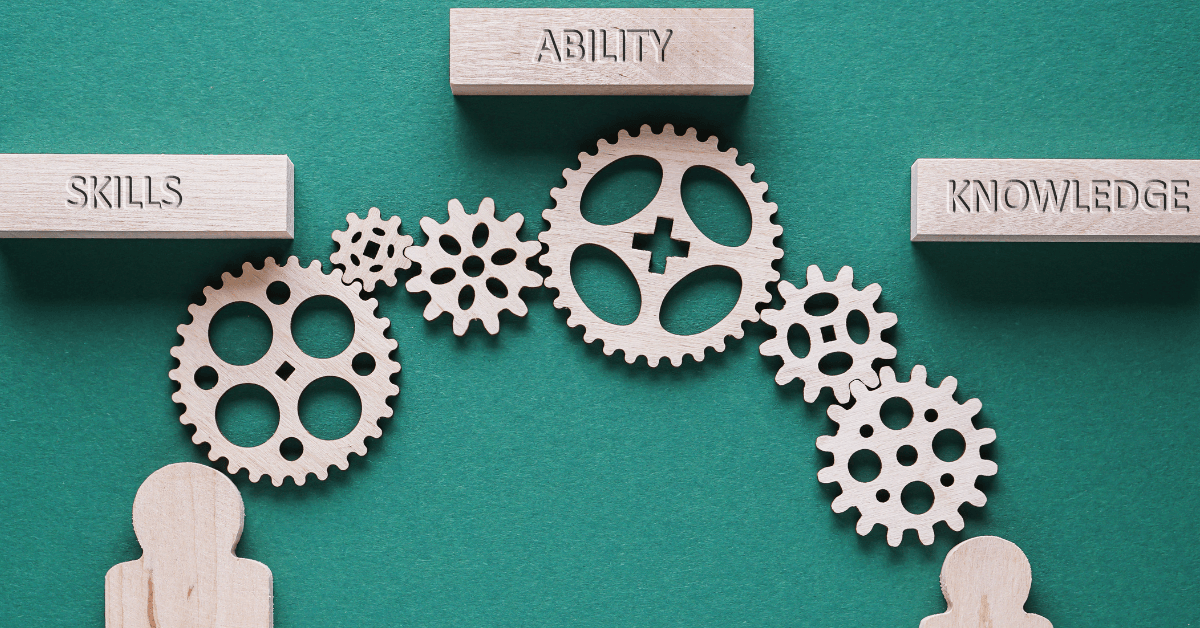
Life skills are best learned experientially not through rote memorization, but through active participation, reflection, and real-world application. The most effective way to build life skills in children is through structured yet fun learning environments that mirror everyday challenges.
Here are the key approaches to learning life skills:
- Activity-Based Learning: Learning through play, group challenges, and hands-on tasks helps children internalize key life skills. These can range from mock interviews to storytelling circles and role-play games.
- Reflective Journaling and Self-Assessment: Journaling activities where kids write about their day, decisions, feelings, or interactions promote self-awareness and emotional intelligence.
Social-Emotional Learning (SEL) Programs: SEL-based curriculums like PlanetSpark’s personality development classes help children understand their emotions, manage relationships, and make responsible decisions. - Real-Life Simulations: Activities such as “pretend you’re in an elevator pitch” or “solve a group disagreement” offer realistic scenarios where kids can practice empathy, communication, and decision-making.
- Peer Interaction and Teamwork: Working in groups fosters collaboration, negotiation, and active listening—crucial interpersonal skills.
6. Mentorship and Feedback
Constructive feedback from teachers, coaches, and parents guides kids in refining skills like presentation, communication, and leadership.
Importance of Life Skills in a Child’s Growth
Developing life skills at a young age sets the stage for long-term success academically, socially, emotionally, and even professionally. While traditional education focuses on acquiring subject knowledge, life skills empower children to apply that knowledge meaningfully in real-life situations. Here’s how:
Lays the Foundation for Mental and Emotional Well-Being
In today’s high-pressure environment, children are often exposed to stress from academics, peer dynamics, and expectations. Life skills like stress management, coping with emotions, and resilience training equip them to navigate these pressures effectively.
Children who learn emotional regulation early can identify their feelings, express them appropriately, and bounce back from setbacks like exam failure or peer rejection.
With tools like journaling, mindfulness, and guided reflections used in PlanetSpark’s SEL-based modules students learn to manage anxiety and remain composed in challenging situations.
Resilience-building activities allow them to develop a growth mindset, where mistakes are seen as opportunities to learn and improve.
Mental wellness is not just about avoiding breakdowns it’s about building emotional strength that sustains well-being through life’s ups and downs
Improves Academic Performance
Life skills have a direct impact on how children perform in school. Skills such as time management, self-discipline, focus, and goal setting help students approach learning with greater efficiency and intent.
A student who can manage their time effectively will study better, avoid last-minute panic, and stay organized.
Critical thinking and problem-solving core cognitive life skills enhance their ability to analyze questions, understand concepts deeply, and apply knowledge across subjects.
Kids who practice self-awareness and coping strategies are more likely to stay calm during tests and exams, improving their performance under pressure.
Academic excellence is not just about intelligence; it’s also about how well a child manages themselves and that’s where life skills make all the difference.
Promotes Healthy Social Relationships
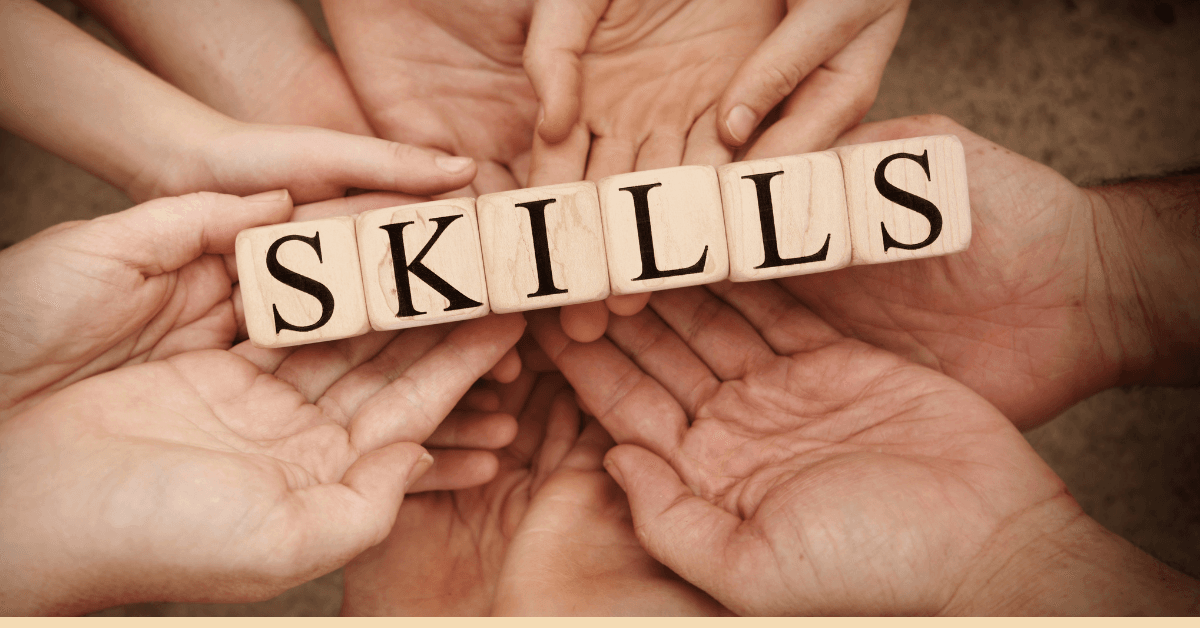
One of the most important outcomes of life skill education is its impact on a child’s social interactions. In a time where screen addiction and social anxiety are on the rise, skills like empathy, active listening, and respectful communication are critical.
Children learn to listen attentively, understand different perspectives, and resolve conflicts peacefully, enabling them to build meaningful relationships with peers, teachers, and even family members.
Through activities like peer storytelling, group discussions, and collaborative projects, PlanetSpark helps students practice interpersonal skills in real-time.
Kids with strong social skills are also less likely to engage in bullying, be bullied, or fall prey to negative peer pressure.
Relationships built on empathy and communication serve as the foundation for a happy and socially integrated life.
Builds Leadership and Responsibility
Leadership isn’t about dominating others it’s about taking initiative, making thoughtful decisions, inspiring others, and being accountable. Life skill education introduces leadership in age-appropriate ways, encouraging children to step up and contribute meaningfully.
Skills like assertiveness, teamwork, and decision-making help children develop a sense of ownership in their actions and responsibilities.
PlanetSpark’s modules such as mock interviews, panel discussions, and speech structuring allow kids to lead conversations, take charge in group settings, and influence others positively.
As children develop these abilities, they naturally transition into roles such as class representatives, group leaders, and event hosts positions that build their confidence and sense of self-worth.
When kids are trusted with responsibility and taught how to lead with empathy, they grow into adults who can shape a better world.
Raise Bold Thinkers and Confident Speakers
Join thousands of parents who trust PlanetSpark for life skill education that transforms.
Book a free trial and experience the change!
Prepares for the Future
The modern world is dynamic and competitive. Future success depends not just on academic knowledge but also on how children adapt, think critically, express themselves, and interact with others. Life skills are the tools of lifelong success.
Whether it’s writing a college application, cracking a job interview, pitching a business idea, or navigating workplace dynamics life skills are the constant differentiators.
PlanetSpark trains students to communicate with clarity, think independently, and lead confidently, making them future-ready in both personal and professional spheres.
With life skills like digital etiquette, self-awareness, and problem-solving, children are better prepared for adult challenges like managing relationships, handling finances, and balancing work-life demands.
In a world where IQ opens the door, life skills ensure you walk through it with purpose and passion.
PlanetSpark and Life Skill Education: Building Holistic Learners
PlanetSpark’s Personality Development Program offers a comprehensive life skills framework for children aged 4–16, focusing on communication, confidence, and emotional intelligence.
- Holistic Curriculum Beyond Academics: Modules include communication etiquette, leadership, critical thinking, emotional regulation, and self-awareness designed to strengthen a child’s personality from within.
- SEL-Based Design: Aligned with CASEL standards, kids learn to understand emotions, show empathy, build relationships, and make responsible decisions through journaling and guided reflection.
- Practical, Activity-Based Learning: Interactive activities like mock interviews, role-plays, and real-life simulations help children apply life skills actively.
- Leadership & Self-Presentation: Through storytelling, debates, and panel discussions, students build assertiveness, team collaboration, and leadership confidence.
- Etiquette & Body Language: Kids are taught eye contact, posture, respectful tone, and gestures crucial for presentations, competitions, and daily conversations.
- Measurable Growth: With tools like a Confidence Meter and regular Parent Consultations, each child’s progress in communication and leadership is closely tracked and nurtured.
Take first step for your child to make a futuristic leader with one free demo class today!
Life Skill Activities for Kids to Practice at Home
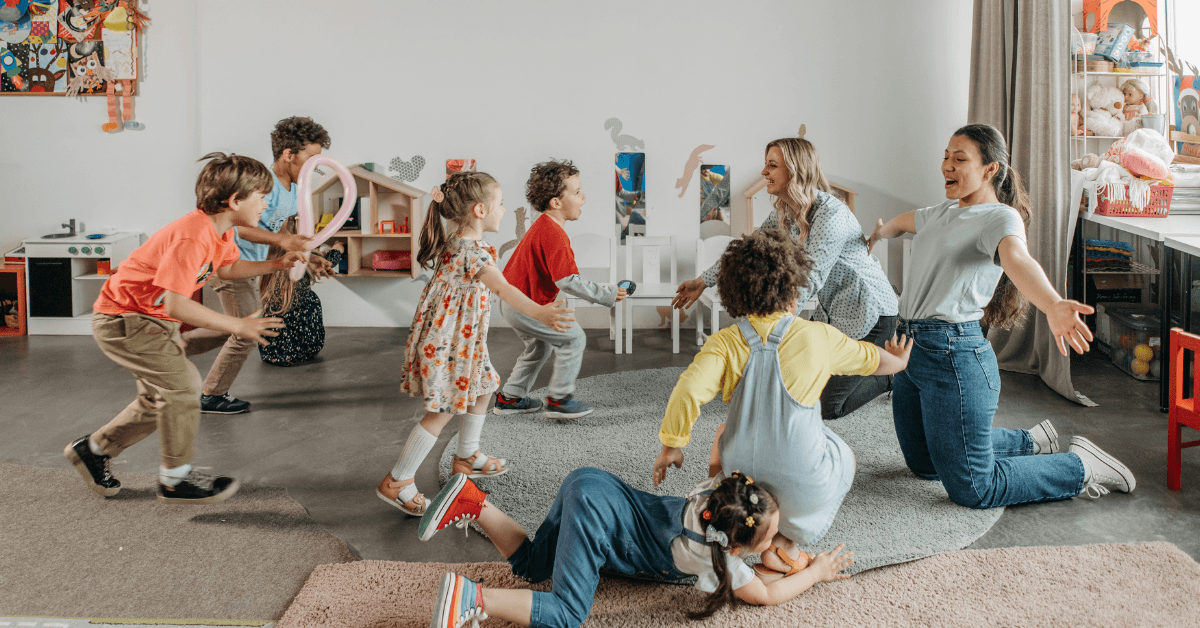
Gratitude Journaling: Write 3 things you're grateful for every day.
Family Debate Night: Discuss topics like "Should homework be banned?" to build argument skills.
Mirror Talk: Practice introductions or speeches in front of a mirror.
Emotion Charting: Use emojis to describe your emotions at different times of the day.
Compliment Game: Give a compliment to someone and reflect on their reaction.
Chore Challenges: Practice responsibility by handling age-appropriate household tasks.
These simple activities complement formal training and reinforce life skills organically.
Final Tips: How Parents & Teachers Can Support Life Skill Learning
Model the Skills You Want to Teach
Children learn more by observing than by instruction. Show them how you manage stress, apologize, or make decisions.Create a Safe Space for Expression
Allow kids to share their feelings, opinions, and fears without judgment. Life skills grow in emotionally safe environments.Use Everyday Moments as Teaching Opportunities
A grocery trip, a family disagreement, or a change in routine each is a chance to teach adaptability, communication, or decision-making.Celebrate Effort and Progress
Encourage growth mindset. Praise the process (like trying or helping), not just the outcome (like winning or being correct).
| Skill Are | PlanetSpark Module |
|---|---|
| Communication Skills | Public Speaking, Storytelling, Debates, Self-Introduction |
| Emotional Intelligence | SEL-based Journaling, Peer Feedback, Group Activities |
| Leadership and Confidence | Mock Interviews, Panel Discussions, Anchoring Training |
| Social Etiquette | Eye Contact, Tone Modulation, Respectful Language |
| Real-Life Readiness | Life Simulation Activities, Situation-Based Conversations |
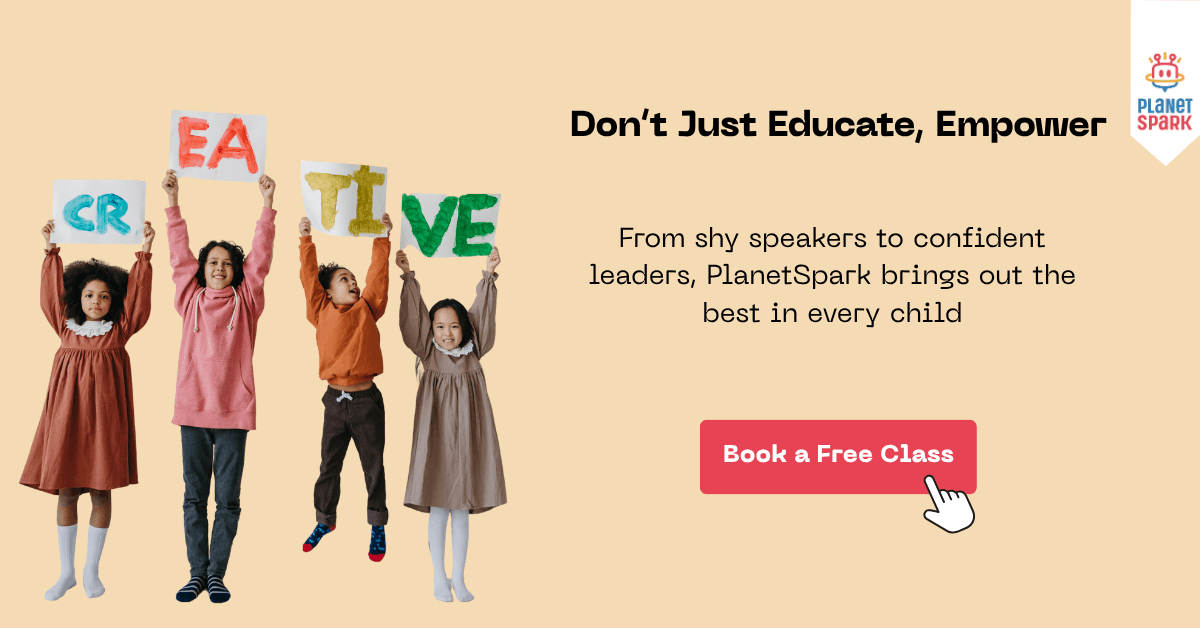
Conclusion
As parents and educators, we can no longer rely solely on academics to secure a child’s future. In a world where emotional intelligence is as important as IQ, and social skills are valued as much as grades, life skill education is the true game changer.
And that’s where PlanetSpark steps in as a trusted partner in your child’s holistic development journey. From etiquette to emotional awareness, from debate skills to decision-making, PlanetSpark nurtures every aspect of your child’s personality.
Frequently Asked Questions (FAQs)
Q. What is life skill education?
A. Life skill education refers to the structured teaching and learning of skills that enable individuals especially children and adolescents to deal effectively with the challenges and demands of everyday life. These include communication, emotional regulation, decision-making, critical thinking, empathy, and more. The goal is to nurture holistic development beyond academics.
Q. Why is life skill education important for children?
A. Life skill education is essential for children as it helps them:
Manage emotions and stress
Communicate effectively
Build strong relationships
Solve problems independently
Make informed decisions
These abilities are crucial for personal well-being, academic performance, social integration, and long-term career success.
Q3. What are the core life skills recommended by WHO?
A. The World Health Organization (WHO) outlines 10 core life skills that are vital for healthy development:
Self-awareness
Empathy
Critical thinking
Creative thinking
Decision-making
Problem-solving
Effective communication
Interpersonal relationship skills
Coping with stress
Coping with emotions
These skills help children adapt to challenges, make sound choices, and interact positively with others.
Q. At what age should life skill education begin?
A. Life skill education can begin as early as preschool age (3–5 years old). At this stage, basic skills like sharing, turn-taking, expressing feelings, and following instructions can be introduced. As children grow, more complex life skills such as decision-making, time management, and emotional regulation can be layered in.
Q. How are life skills different from academic skills?
A. Academic skills are subject-specific abilities (e.g., math, reading, science), while life skills are universal competencies used in daily life (e.g., communication, empathy, stress management). Life skills are cross-cutting and support academic success by enhancing focus, self-confidence, and social interaction.
Q. What are some simple life skill activities children can do at home?
A. Here are a few effective home-based life skill activities:
Gratitude journaling for self-awareness
Role plays for conflict resolution or interviews
Helping with chores to build responsibility
Family debates to enhance critical thinking
Making small decisions like budgeting for snacks or choosing activities
These tasks support real-life skill development in a safe and familiar setting.
Q. How do life skills benefit a child in the long term?
A. In the long run, life skills:
Foster emotional resilience and adaptability
Enhance professional communication and leadership
Improve conflict resolution and decision-making in adulthood
Promote healthy relationships and mental well-being
Contribute to responsible citizenship and ethical behavior
They are lifelong assets that support success in personal, academic, and professional spheres.
Personalized Communication Report
Record a video to get a AI generated personalized communication report for your child

Hi There, want to try these
tips for your child with
LIVE with our expert coach?
Let's check your child's
English fluency
